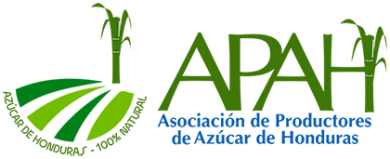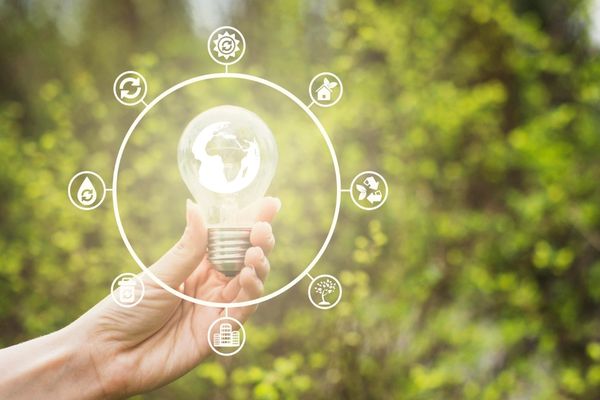
As part of its commitment to sustainability, the Honduran sugar agribusiness focuses its efforts on the care and maintenance of the environment and the conservation of biodiversity. This is an issue of utmost importance for the sector, as it has a direct impact on the way of life of society and species, particularly in its areas of influence, which is why it is committed to preserve and responsibly use technologies, guidelines and principles to maintain and strengthen the environment around them and focus on caring for and helping to recover biodiversity in each area.
An important part of responsible environmental management is the permanent monitoring programs that are implemented, aligned with industry laws and including international standards, as well as investments in training and efforts to strategically identify opportunities to implement sustainable development and circular economy processes.
The circularity model has been adopted and the concept created by the Ellen MacArthur Foundation as “an industrial economy that is restorative and regenerative by design“ has been applied.
Soil conservation and waste management
The utilization of all industrial waste is important not only for sustainability, but also to preserve soils, so that they remain fertile, and to conserve ecosystems.
The sector uses all organic waste that is useful for planting. In the last two years, more than 200 thousand tons of bagasse and more than 65 thousand tons of ash were reincorporated, both to nourish the soil. Also, in the 2020-2021 harvest, more than 1.4 million tons of bagasse were used to generate clean and renewable energy.
In addition to this organic matter, any additional products used for fertilization or nutrition are legally approved in the country by the authorities and are mostly green labeled to avoid affecting the soil or the habitats of different species.
In addition to this, training, soil analysis and reconnaissance are frequently carried out to identify the nutrients needed to be in good condition for planting. With the use of analyses and new technologies, through precision agriculture, we seek to reduce the amount of agrochemicals each year.
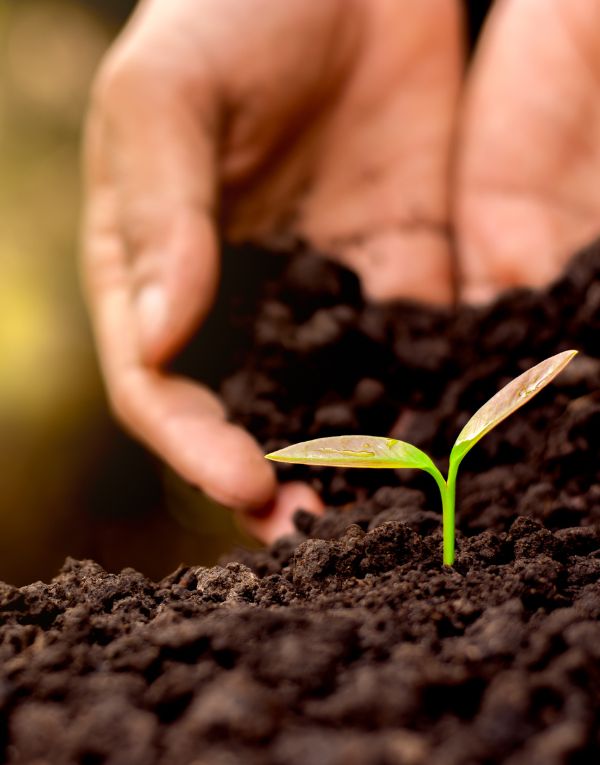
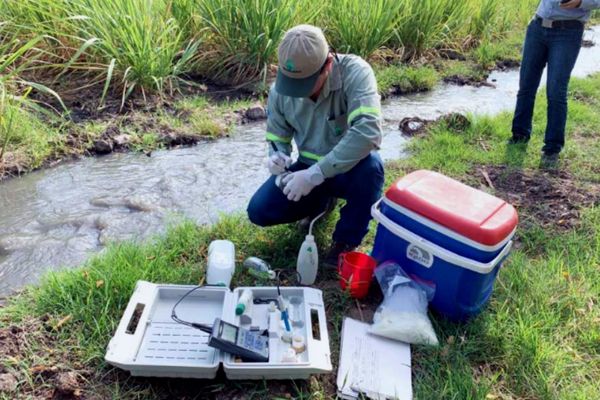
The Honduran sugarcane agroindustry also uses the method of using wastewater to irrigate the sugarcane fields, effectively using treatment processes for these liquids that flow in a circular fashion within the factory, thus reusing 100% of the water.
This water resource is endowed with a large amount of nutrients and organic matter, so it has a positive impact on the crop, this process is called fertirrigation.
To carry out this process, due to its complexity, the salinity of the soil is studied periodically and a special treatment is carried out to separate and store the flow, segregating the oils, fats, the overflow or water from the cooler and the effluent from the raw water treatment plant.
Due to the great contributions it has both in the efficient use of resources and productivity, the sector has been working with the authorities of Miambiente since 2017, in the development of a regulation for the use of wastewater for irrigation of sugarcane cultivation.
After a research process to determine with technical-scientific support that the minimum parameters that are generated from wastewater from the sugar agroindustry could be used for irrigation in a guaranteed way, without the risk of damaging the soil and / or cane crops, in 2019 was published in the Official Gazette La Gaceta, the technical regulation to reuse wastewater generated by the sugar agroindustry for irrigation in sugar cane crops (ministerial agreement 0841-2019), which evidences the commitment of the sugar industry to the sustainable use of water in all processes of the industry.
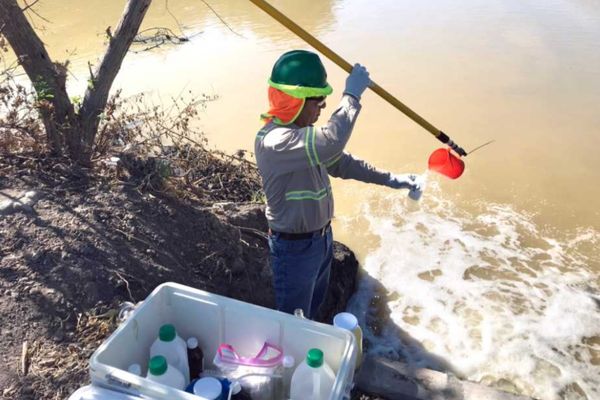
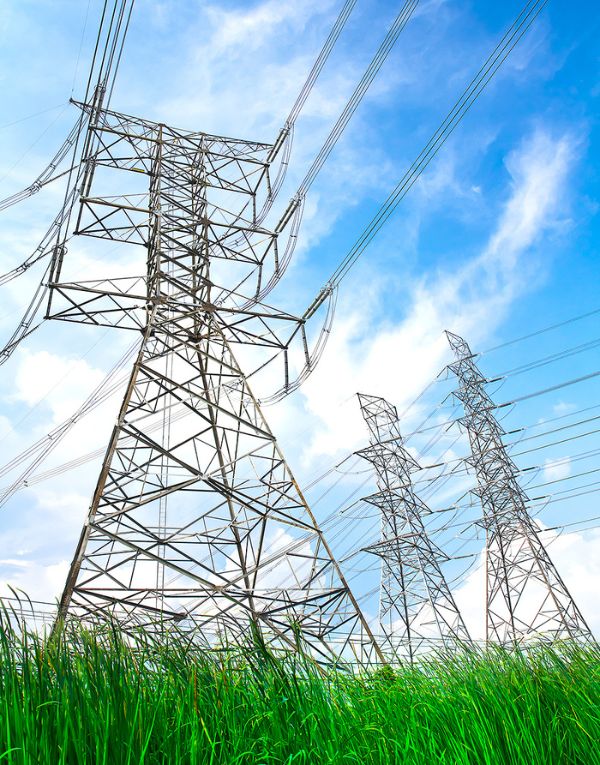
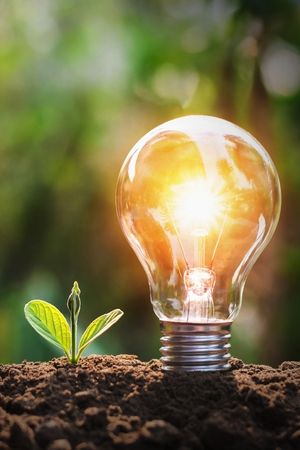
Due to the growing world demand for energy, the problems related to energy shortages, and the likely rise in oil prices, the sugar agribusiness has decided to play an important role in preventing an energy crisis in the country.
One of the main contributions of agribusiness to the sustainable development of the country is the production of clean and renewable energy from the efficient use of waste, such as bagasse, the waste from sugar cane milling.
The cogeneration of energy produced in the Honduran Sugar Agroindustry represents about 10% of clean and renewable energy, being one of the cheapest since it has a value of up to 0.08 cents per kilowatt hour. It is worth mentioning that a single sugar mill that generates 25 Megawatts is capable of supplying electricity to illuminate and sustain the activity of a city of 200,000 inhabitants.
Energy is produced by transferring the bagasse to high-pressure boilers whose steam feeds mechanical energy to a turbo generator that transforms it into electrical energy. Thanks to this process, 339 thousand megawatts of energy are produced, 49% of which is used by the companies for production and the remaining 51% is integrated into the national electrification system.
For this energy production, more than 1.4 million tons of bagasse were used in the last two years.
It is estimated that the savings from the production of electricity through the biomass of sugarcane bagasse will reach US$100 million by 2020, benefiting the national economy.
Renewable energy production reduces dependence on oil and minimizes its impact on the balance of payments, reduces greenhouse gas emissions and, by becoming a new business opportunity, creates more sources of employment in rural areas.
Generation and distribution of electric power
Reforestation and conservation
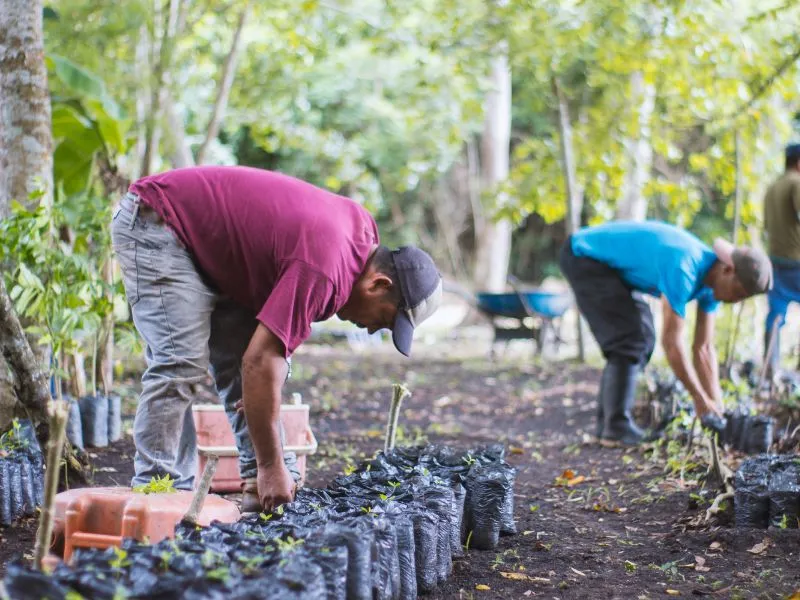
Sugarcane sugar production in Honduras has a positive impact on the environment, providing all living things with a better place to live thanks to its high biomass production, the production of by-products, its carbon dioxide (CO2) requirement and the release of oxygen.
All these natural factors of sugarcane cultivation, together with the efforts of the sugar mills themselves, contribute to improving the ecosystem. The sugarcane fields have the conditions to establish nests or dens for different animals that support production by serving as a mechanism to control pests and weeds, which supports the conservation of different species.
In this way, the mills conserve the balance of biodiversity, including the cultivation of plants through nurseries that serve to reforest various extensions of land within the mills, as well as forests, protected areas and mangrove swamps, places inhabited by fauna.
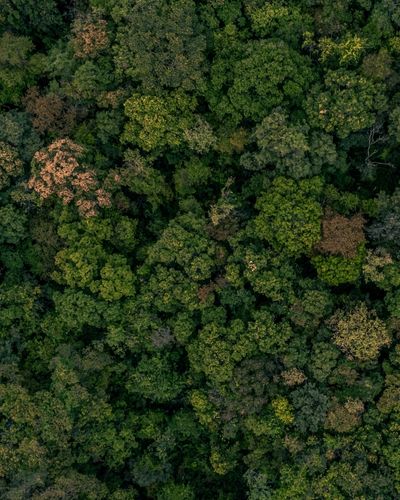
As part of its sustainability strategy, the sugar agribusiness has supported reforestation programs with 12 thousand hectares of forests nationwide, with priority given to the areas of influence of the mills. Also, true to their commitment to environmental conservation, the mills ensure that reforestation programs are implemented throughout the country, benefiting all living beings and their descendants. With a great sense of responsibility towards the Honduran territory, the sugar agribusiness will do everything in its power to improve the ecosystem every year.
In the 2020-2021 period, the mills have produced a total of 282 thousand plants in their nurseries, which are used for reforestation in their areas of influence as well as for donation in different reforestation programs in the country and thus support the fight against the impacts of climate change. Through reforestation programs we have supported massive projects such as “Plantatón HN”, with which we contributed by delivering plants for reforestation in the most important cities in the country.
